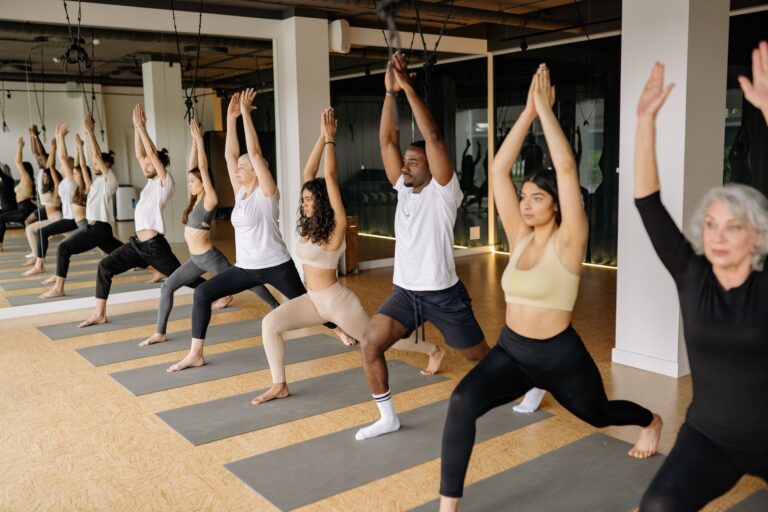Forgiving Oneself and Others
Forgiveness is a cornerstone of one’s personal growth journey, and its importance can’t be overstated. At the very core, forgiving yourself starts as a choice, a conscious decision to release the weight of past regrets and to make peace with your actions and decisions, and with that choice comes the foundational elements of empathy, understanding, compassion, and kindness.
Empathy plays a crucial role in this journey. By putting oneself in another’s shoes, we not only gain perspective but also allow for healing to commence. It helps us to see beyond our narrow viewpoint and understand the broader picture. It reminds us that everyone, including ourselves, is fighting a battle that we may know nothing about.
Alongside empathy, understanding is pivotal. This means recognizing our mistakes, learning from them, and accepting that everyone has their journey filled with both ups and downs. Acceptance doesn’t mean we forget or condone mistakes, but rather that we recognize them as part of our growth.
When we look at our past with love and understanding, rather than judgment, we begin to heal. And once we show compassion towards others, even when it feels undeserved, we often find that we’re lightening our own burdens. It’s a mutual process of healing – for ourselves and for others.
Kindness is the thread that stitches together the fabric of forgiveness. It could be in small, daily acts or larger gestures. Whether it’s being gentle with oneself on a tough day or showing kindness to someone who might not have treated us well, these actions have a ripple effect. Kindness not only fosters an environment where forgiveness can thrive but also nurtures our own soul.
Despite understanding these foundational elements, we must remember that the act of forgiveness is fundamentally a choice. It’s a decision we make, transitioning from denial or resentment to a state of acceptance. This choice isn’t always easy; barriers often stand in our way. Yet, with determination, these barriers can be overcome.
Even after choosing forgiveness, the journey isn’t over. It’s essential to realize that forgiveness isn’t a one-time act or a destination but an ongoing process. Making peace with past mistakes, allowing ourselves the grace to move forward, and embracing the future with resilience are all parts of this continuous journey.
While the path of forgiving oneself and others can be strewn with challenges, it is a necessary step towards achieving inner peace and profound personal growth for your own Vibrant Living. So, as you move forward, reflect upon your journey, choose forgiveness, and embrace the healing that it brings!


